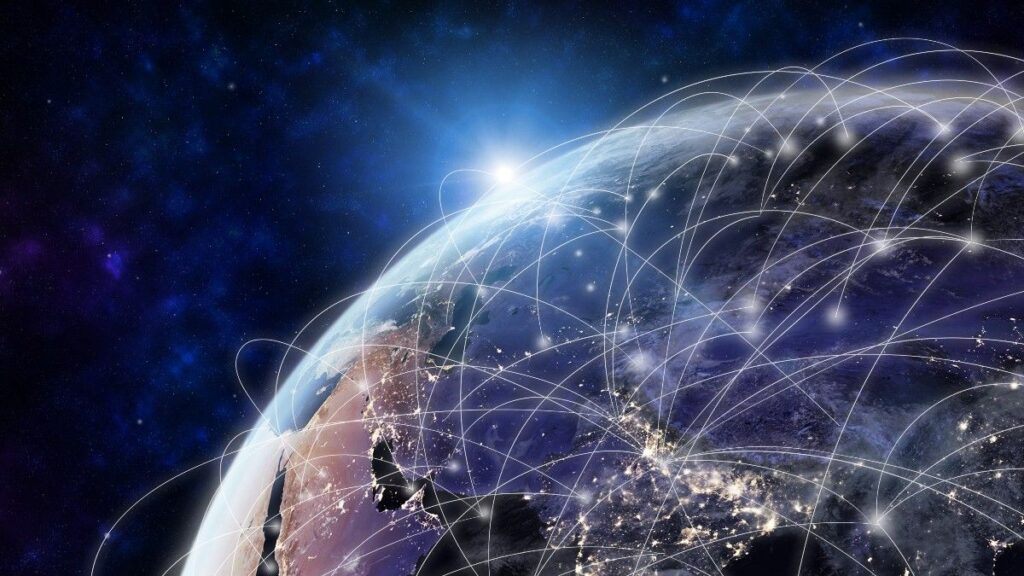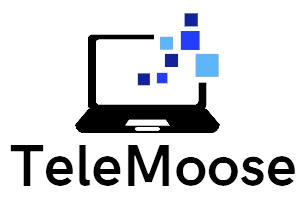The internet has become an indispensable part of modern life, revolutionizing the way we communicate, work, and access information. But how did this global network of interconnected computers come to be, and what milestones have shaped its evolution over the years? In this article, we’ll take a journey through the history of the internet, from its humble beginnings to the digital landscape of today.
The Birth of the Internet
The origins of the internet can be traced back to the 1960s, during the height of the Cold War. In response to the growing threat of nuclear war, the United States Department of Defense launched the Advanced Research Projects Agency Network (ARPANET) in 1969. ARPANET was a pioneering network that connected computers at research institutions and military facilities, allowing them to communicate and share information.

The Emergence of the World Wide Web
While ARPANET laid the groundwork for the internet, it was the invention of the World Wide Web that truly transformed how we use the internet today. In 1989, British computer scientist Tim Berners-Lee proposed the idea of a “hypertext system” that would allow researchers to share documents and information over the internet. Berners-Lee developed the first web browser and web server, laying the foundation for the World Wide Web as we know it.
The First Websites
The first website ever created was “info.cern.ch,” which went live on August 6, 1991. This simple website served as an introduction to the World Wide Web project and provided information on how to use hypertext links to access documents and resources. From there, the number of websites grew rapidly, covering a wide range of topics and interests.
The Dot-Com Boom
The 1990s saw the rise of the dot-com boom, a period of rapid growth and speculation in the internet industry. Companies rushed to establish an online presence, and investors poured money into internet startups with the hope of striking it rich. This era saw the emergence of iconic websites like Amazon, eBay, and Yahoo, as well as the birth of the modern e-commerce industry.
The Rise of Social Media
The early 2000s saw the emergence of social media platforms like Friendster, MySpace, and LinkedIn, which revolutionized how we connect and communicate online. These platforms allowed users to create profiles, connect with friends, and share content, laying the groundwork for the social media revolution that would follow.
The Mobile Revolution
The advent of smartphones and mobile devices in the late 2000s further transformed the internet landscape. With the rise of mobile internet access, people could now access the web anytime, anywhere, leading to a surge in mobile app development and mobile-friendly websites. Today, mobile devices account for a significant portion of internet traffic, shaping how we consume content and interact online.
The Internet of Things (IoT)

In recent years, the internet has expanded beyond computers and mobile devices to include a vast array of interconnected “smart” devices, collectively known as the Internet of Things (IoT). From smart thermostats and wearable fitness trackers to connected cars and home automation systems, the IoT has the potential to revolutionize how we live, work, and interact with the world around us.
The Future of the Internet
As we look to the future, the internet shows no signs of slowing down. Emerging technologies like artificial intelligence, virtual reality, and blockchain have the potential to further reshape the internet landscape, opening up new possibilities for innovation and disruption. However, as the internet continues to evolve, it’s essential to address issues like digital privacy, cybersecurity, and online misinformation to ensure that the internet remains a force for good in the world.
From its humble beginnings as a research project to its current status as a global network that connects billions of people worldwide, the internet has come a long way in a relatively short time. As we reflect on the history of the internet, it’s clear that its impact on society has been profound, touching nearly every aspect of our lives. As we move forward into an increasingly digital future, it’s crucial to remember the principles of openness, collaboration, and innovation that have guided the internet’s development from the very beginning. With these principles in mind, we can continue to harness the power of the internet to shape a brighter, more connected world for generations to come.

